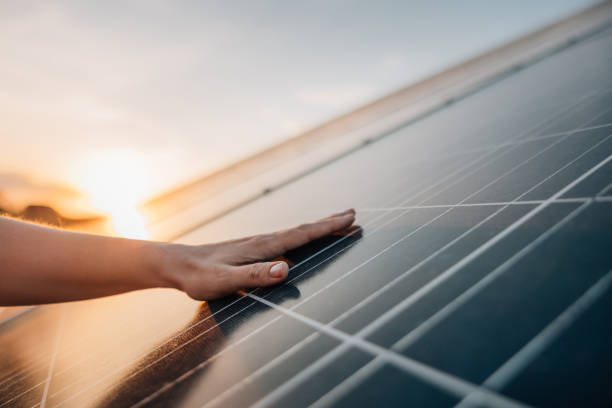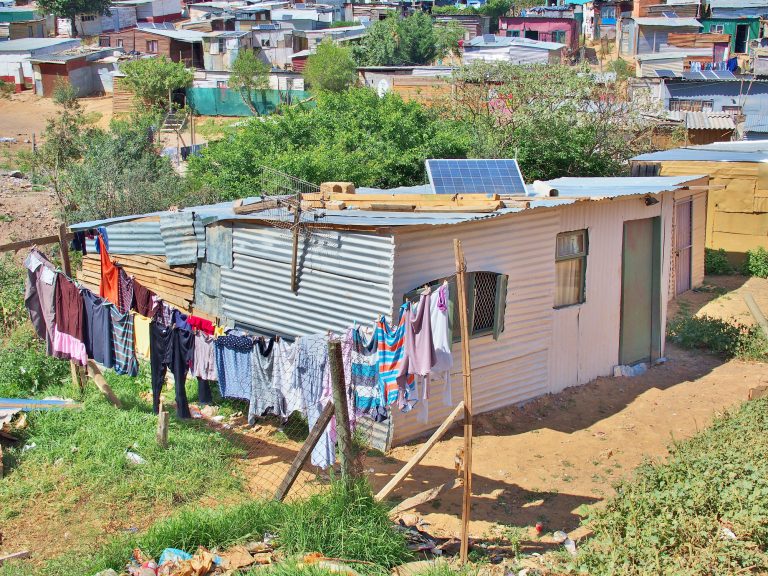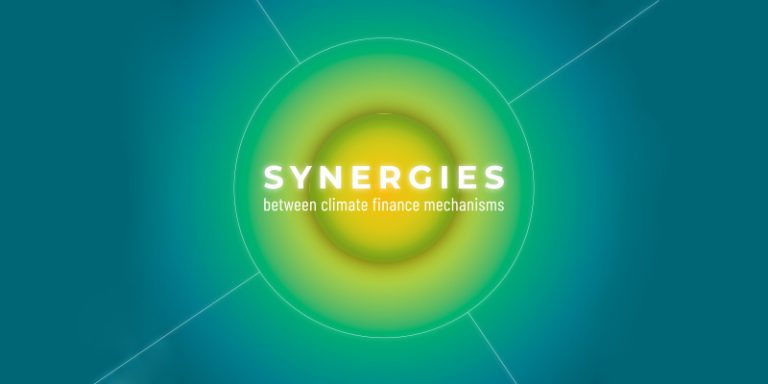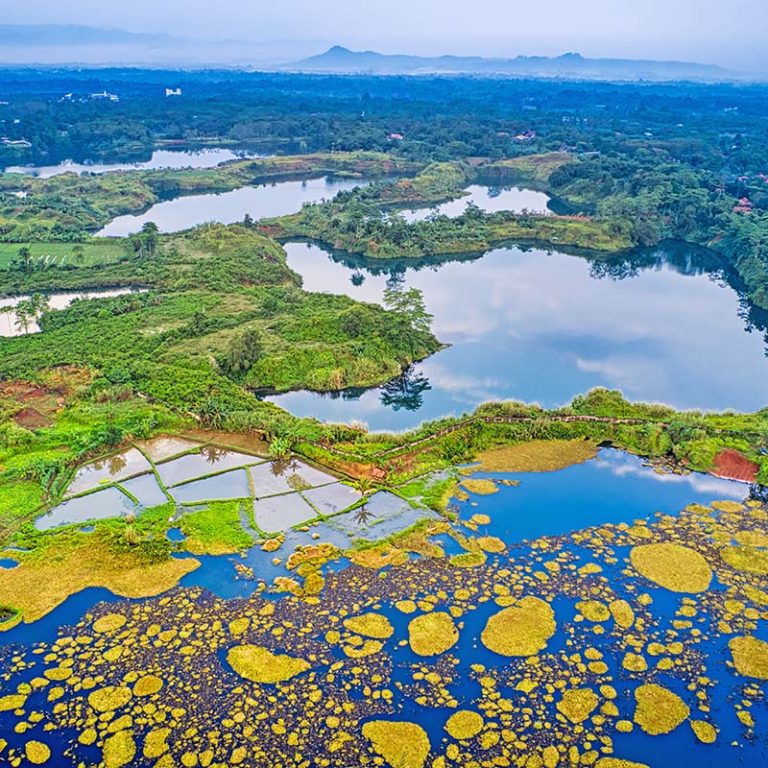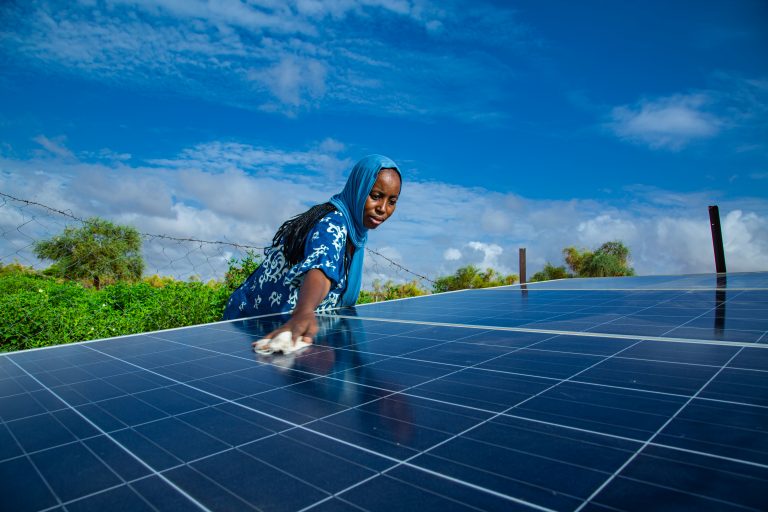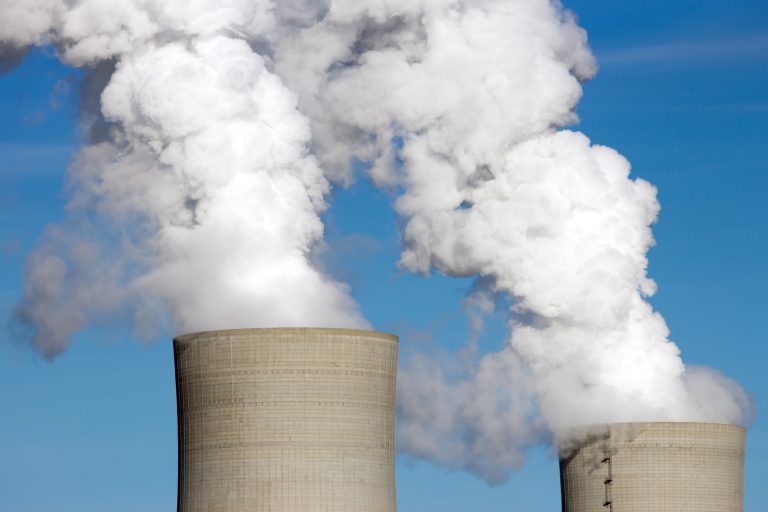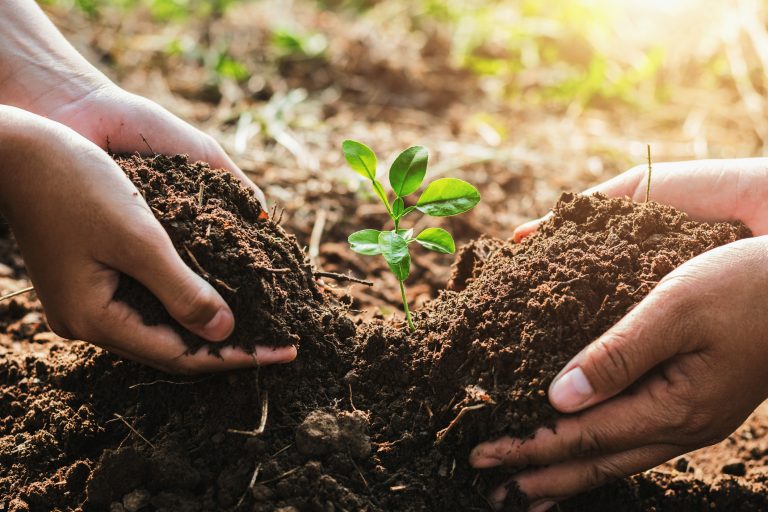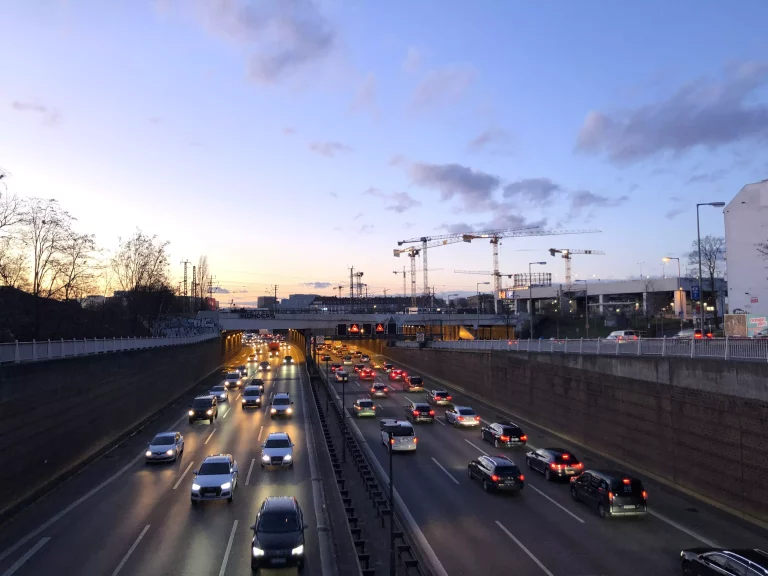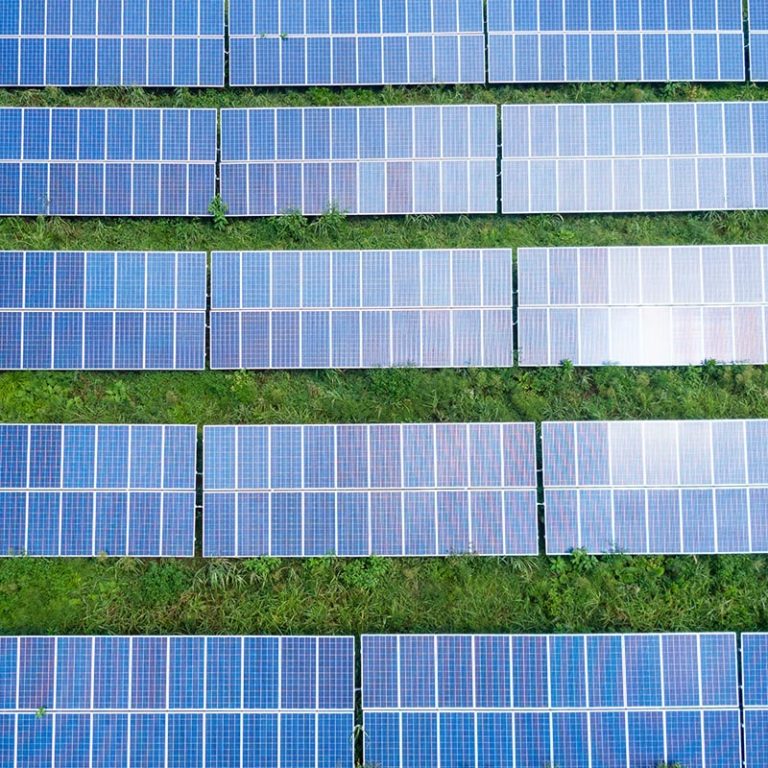Arepo evaluated the Berlin Masterplan Solarcity. For this purpose, 27 measures in 9 fields of action were analysed and recommendations for the further development of the Masterplan were formulated.
The Power Africa Off-grid Project (PAOP) provides technical assistance and targeted grant funding to support the development of Africa’s off-grid solar home system (SHS) and mini-grid sectors. Arepo conducted an evaluation on behalf of USAID to find out whether the project achieved its goals and improved access to energy.
How can countries make the most of the many existing climate funds? What creates climate finance synergies and what prevents them? Arepo addressed these questions for the GCF and CIF and analysed the synergies and complementarities between funding streams of different climate finance mechanisms.
How do projects develop a catalytic effect? And how can ministries optimise their funding practices? Arepo examined 33 projects funded by the International Climate Initiative (IKI) from the field of ecosystem-based adaptation for their impact and works out which project components positively influence a catalytic effect.
How can “fair hydrogen” from Niger, Senegal and Morocco contribute to climate neutrality in Germany? What “green” neo-colonial structures already exist or can develop from the export business with the desired element? And how can they be overcome? Arepo investigated this in a study for the Rosa Luxemburg Foundation .
